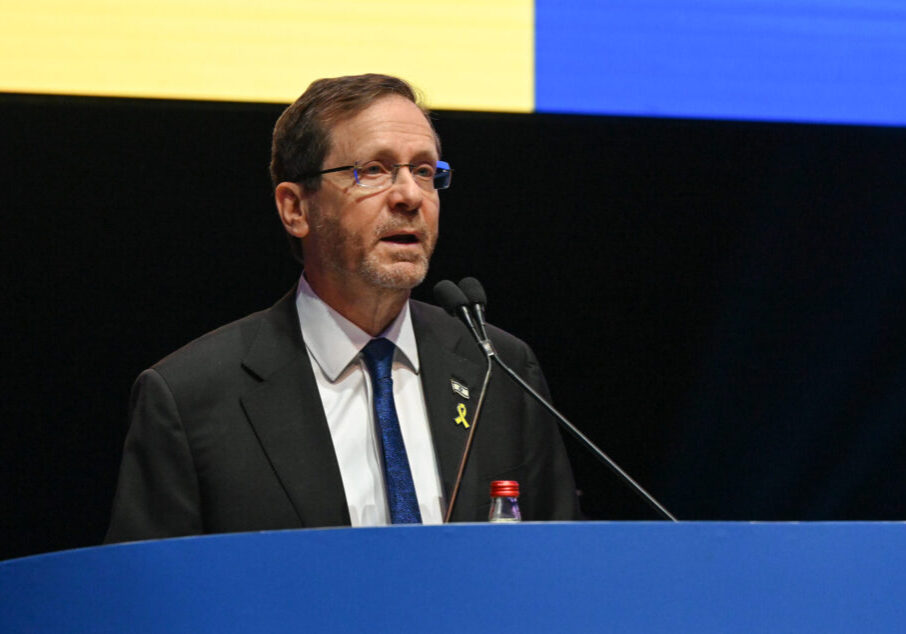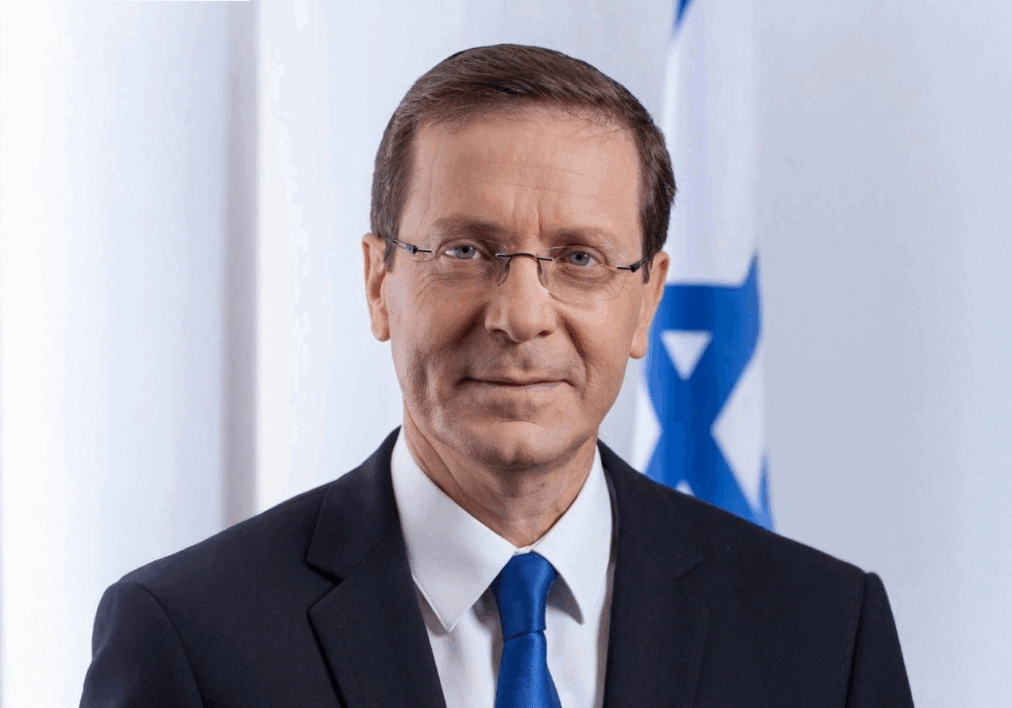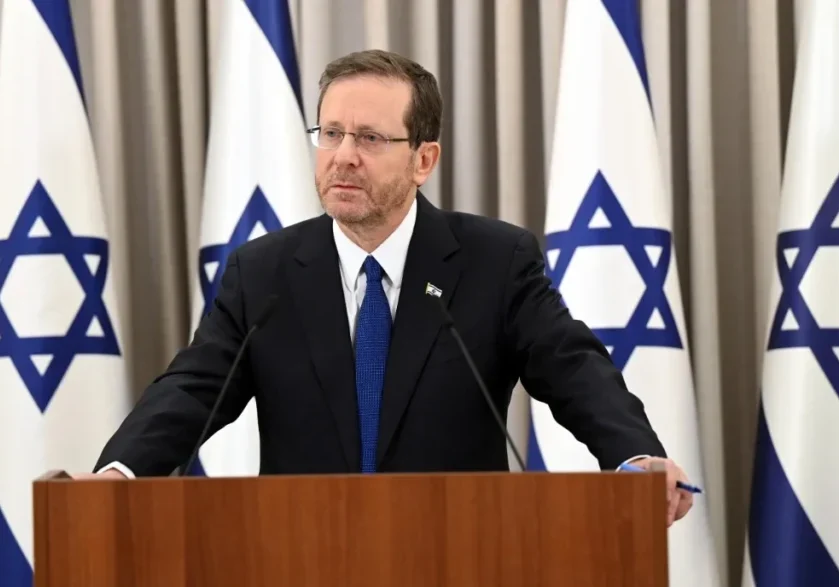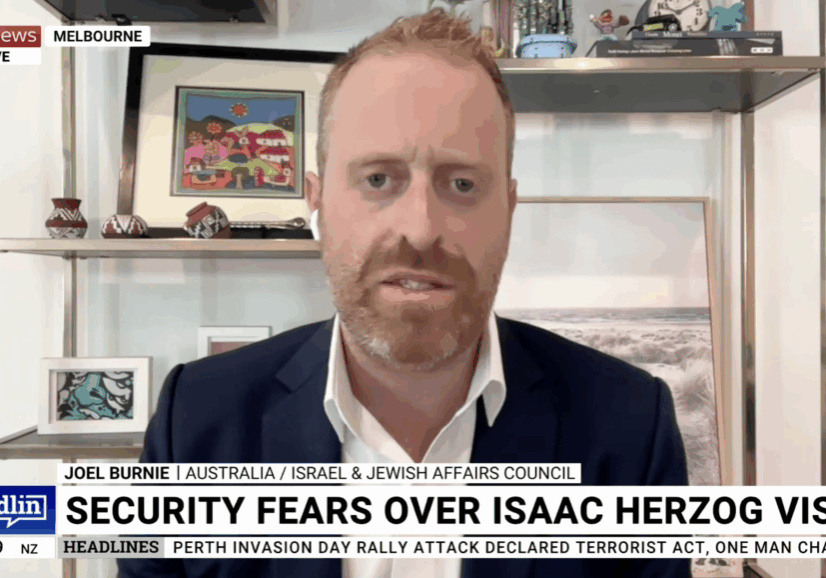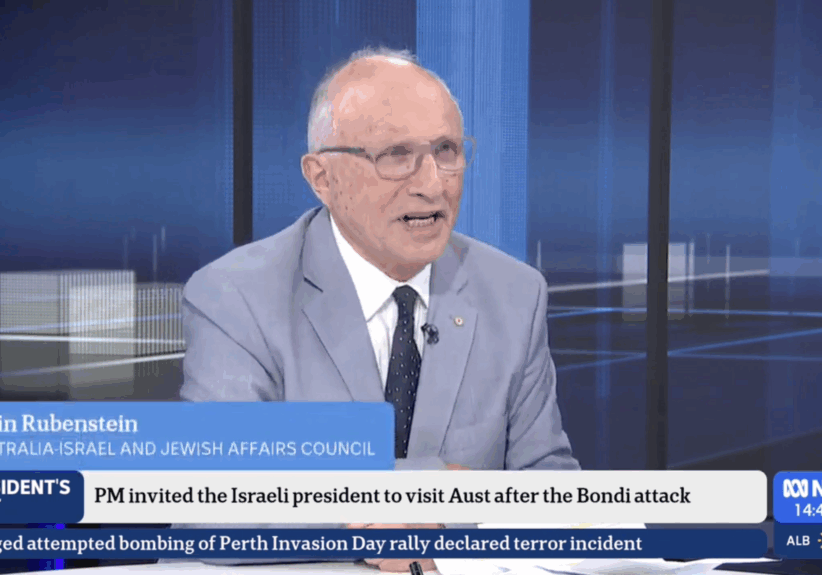Australia/Israel Review
Two Complementary Palestinian Strategies
Jul 3, 2015 | Khaled Abu Toameh
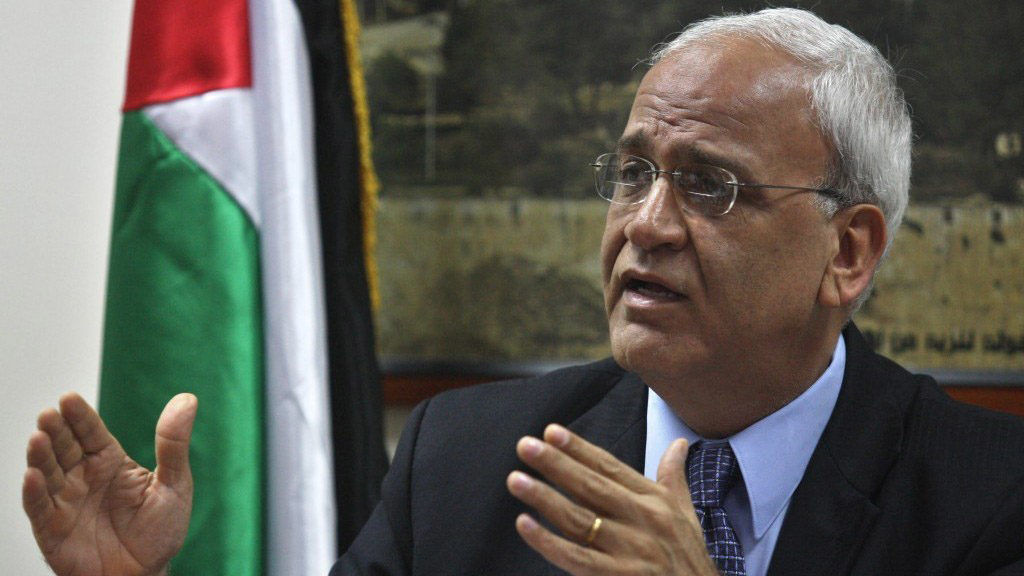
Khaled Abu Toameh
All signs indicate that the Palestinians are planning to step up their efforts to force Israel to comply with their demands. But as the Palestinians are not united, they are working on two fronts to achieve their goal.
One party, headed by the Palestinian Authority (PA), believes that, with the help of the international community, Israel will be forced to fully withdraw to the pre-1967 lines, including east Jerusalem, and accept the “right of return” for millions of refugees and their descendants to their former homes inside Israel.
The second party, represented by Hamas, Islamic Jihad and several other terror groups, continues to reject any form of compromise, and insists that the only solution lies in the elimination of Israel. Unlike the first party, this one believes that direct or indirect negotiations with the “Zionist enemy” are a waste of time and that terrorism is the only means for the Palestinians to achieve their goal.
The two Palestinian parties, the PA and Hamas, have been at war with each other since 2007, when Hamas seized full control over the Gaza Strip and forced the Palestinian Authority to flee to the West Bank.
But while the two rival parties are fighting each other, they are also working separately to overpower Israel.
On June 19, a Hamas-affiliated group claimed responsibility for the shooting attack that killed Danny Gonen, a 25-year-old man who was visiting the West Bank.
Hamas, Islamic Jihad and other Palestinian groups rushed to “welcome” the killing of the young Israeli man who, by the way, was not a “settler,” but a resident of the Israeli city of Lod.
They said that such attacks were “legitimate means” to achieve Palestinian rights and aspirations.
These groups made it unavoidably clear that their real objective is not to “liberate” the West Bank, but to wipe Israel off the face of the earth. As one of them said, “We will continue to support any resistance action on the land of Palestine until it is liberated, from the (Mediterranean) sea to the (Jordan) river, and cleansed from all Zionist usurpers.”
Hours after the West Bank attack, a senior Hamas leader, Musa Abu Marzouk, repeated that his movement was seeking to replace Israel with an Islamist state: “Hamas wants a state not only in the Gaza Strip, but in all of Palestine; we won’t give up our weapons and will continue to fight in order to liberate our land.”
Marzouk’s remarks refute claims by some Arab and Western media that Hamas has been moving toward pragmatism and moderation, and that it is now willing, for the first time, to recognise Israel’s right to exist.
While Hamas and its allies work toward destroying Israel through terrorism, the Palestinian Authority seems more determined than ever to step up its worldwide campaign to delegitimise and isolate Israel with the help of various international parties, such as the anti-Israel Boycott, Divestment and Sanctions (BDS) movement.
Some senior Palestinian officials like to describe this campaign as a “diplomatic war” against Israel. They argue that this war has thus far proven to be much more “effective” than rockets and suicide bombings. “When we launch rockets at Israel, we don’t get any sympathy,” explained one official. “But everyone in the international community is now supporting our diplomatic efforts. That’s why we believe that what Hamas is doing right now is harmful to Palestinian interests.”
Shortly before the Israeli man was fatally shot in the West Bank, the chief Palestinian negotiator, Saeb Erekat, revealed his plan to rally the world against Israel so that it would be forced to submit to the Palestinian Authority’s demands, above all a complete withdrawal to the pre-1967 lines.
Erekat’s plan calls for working very closely with EU countries and members of the UN Security Council, to increase pressure on Israel to comply with the Palestinian demands. It also calls for recruiting international support for recognition of a Palestinian state and paving the way for it to join various international organisations and conventions.
In his plan, Erekat warns against endorsing any UN Security Council resolution that would include recognition of Israel as a Jewish state, or offer concessions on the “right of return” for refugees. He also repeats the Palestinian Authority’s rejection of the idea of land swaps between the future Palestinian state and Israel. In addition, Erekat emphasises his opposition to the idea of creating a demilitarised Palestinian state or giving up any part of Jerusalem.
The Palestinian Authority’s current strategy is to negotiate with the international community, and not with Israel, about achieving peace in the Middle East. The PA knows that it is not going to get from Israel all that it is asking for. That is why Palestinian leaders have chosen to negotiate with France, Britain, Sweden and the US. The Palestinians are hoping that these countries will give them what Israel cannot offer at the negotiating table.
Even if Israel wanted to give 100% of what it gained in 1967, the reality on the ground does not allow it. Since 1967, both Jews and Arabs have created irreversible “facts in the ground,” such as the construction of tens of thousands of houses for both Arabs and Jews. A full withdrawal would mean that tens of thousands of Jews and Arabs would lose their homes both in the West Bank and in Jerusalem.
The ultimate goal of the Palestinian Authority is, with the help of the international community, to force Israel to its knees.
From talking to senior Palestinian Authority officials, one is left with the impression that their true goal is to see Israel in a state of surrender and defeat. Their strategy is no longer about a two-state solution so much as it is about inflicting pain and suffering on Israel.
In many ways, the PA’s “diplomatic war” on Israel also helps Hamas. By constantly accusing Israel of “war crimes” and “atrocities,” the PA is helping Hamas justify its terror attacks against Israelis. The PA’s anti-Israel campaign also helps in creating sympathy and understanding for Hamas’s terror attacks.
Meanwhile, Hamas’ terrorism also helps the Palestinian Authority’s anti-Israel campaign in the international community. Each terrorist attack provides the PA with an opportunity to point out the “urgent” need to force Israel to submit to Palestinian demands as a way of “containing the radicals.”
This is how Hamas and the Palestinian Authority, although remaining sworn enemies, complement each other’s role against Israel.
And many in the international community seem to be helping these two Palestinian camps in their efforts.
Veteran Arab Israeli journalist Khaled Abu Toameh is Palestinian Affairs reporter for the Jerusalem Post. © Gatestone Institute, reprinted by permission of the author, all rights reserved.
Tags: Israel


